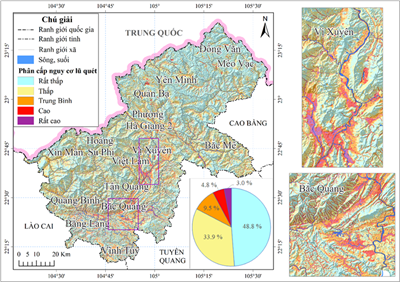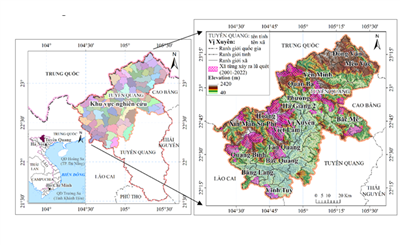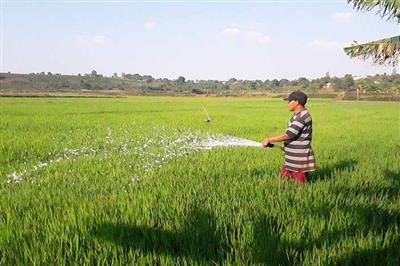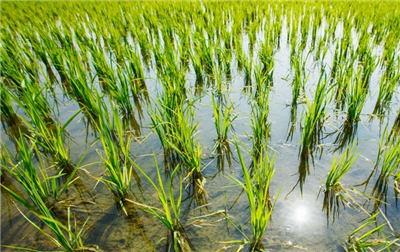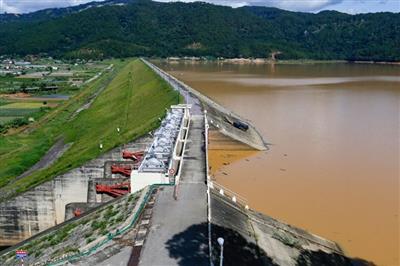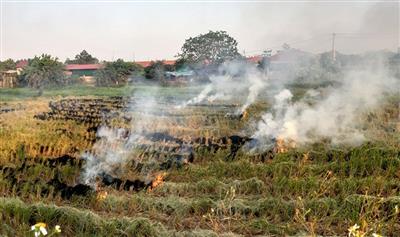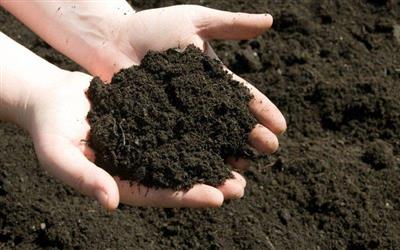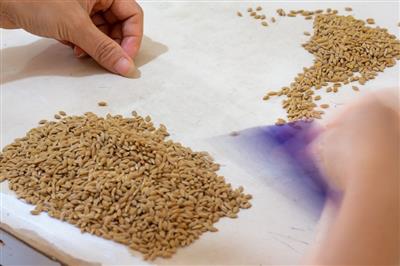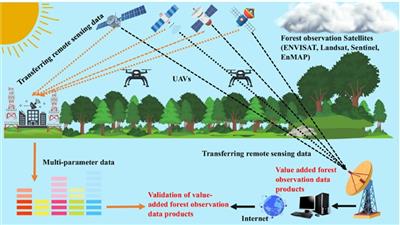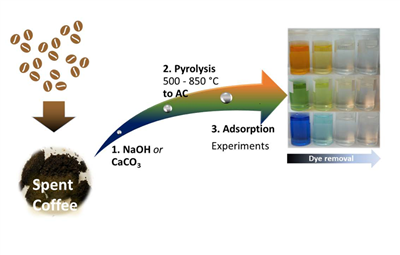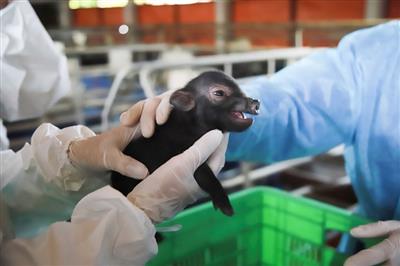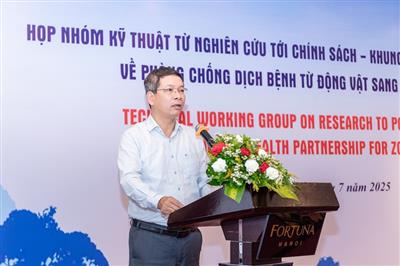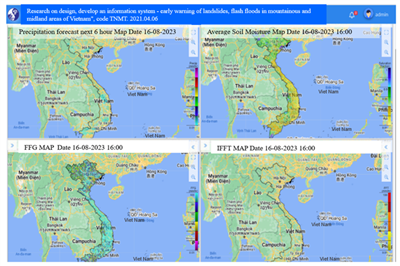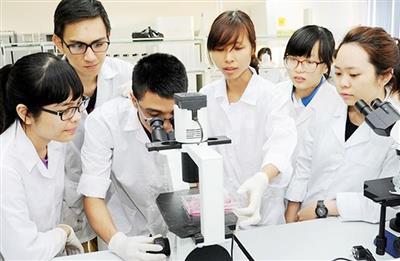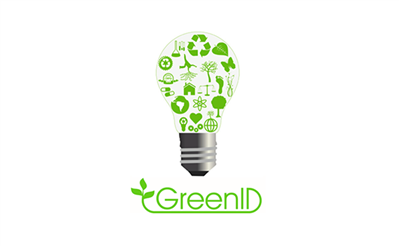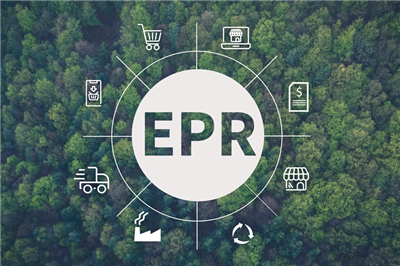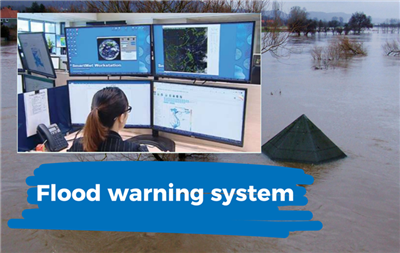
Coffee by-products: Unlocking new value from an overlooked resource
Coffee is one of the most widely consumed beverages in the world. Depending on the processing method, various by-products are generated, yet these materials remain substantially underutilized in Vietnam. Recognizing this gap, a research team from Nong Lam University, Ho Chi Minh City, and Quy Nhon University conducted a study titled “Coffee by-products: Chemical composition and potential applications in food processing.” By compiling and analyzing the characteristics of key by-products—coffee pulp, mucilage, husk, parchment, silver skin, and spent coffee grounds—the authors identified noteworthy levels of dietary fiber, polyphenols, caffeine, and multiple antioxidant compounds. Based on these findings, the study evaluates potential applications in beverage development, extraction of bioactive compounds, enzyme production, and food processing, thereby opening pathways to add value to coffee by-products in Vietnam.


